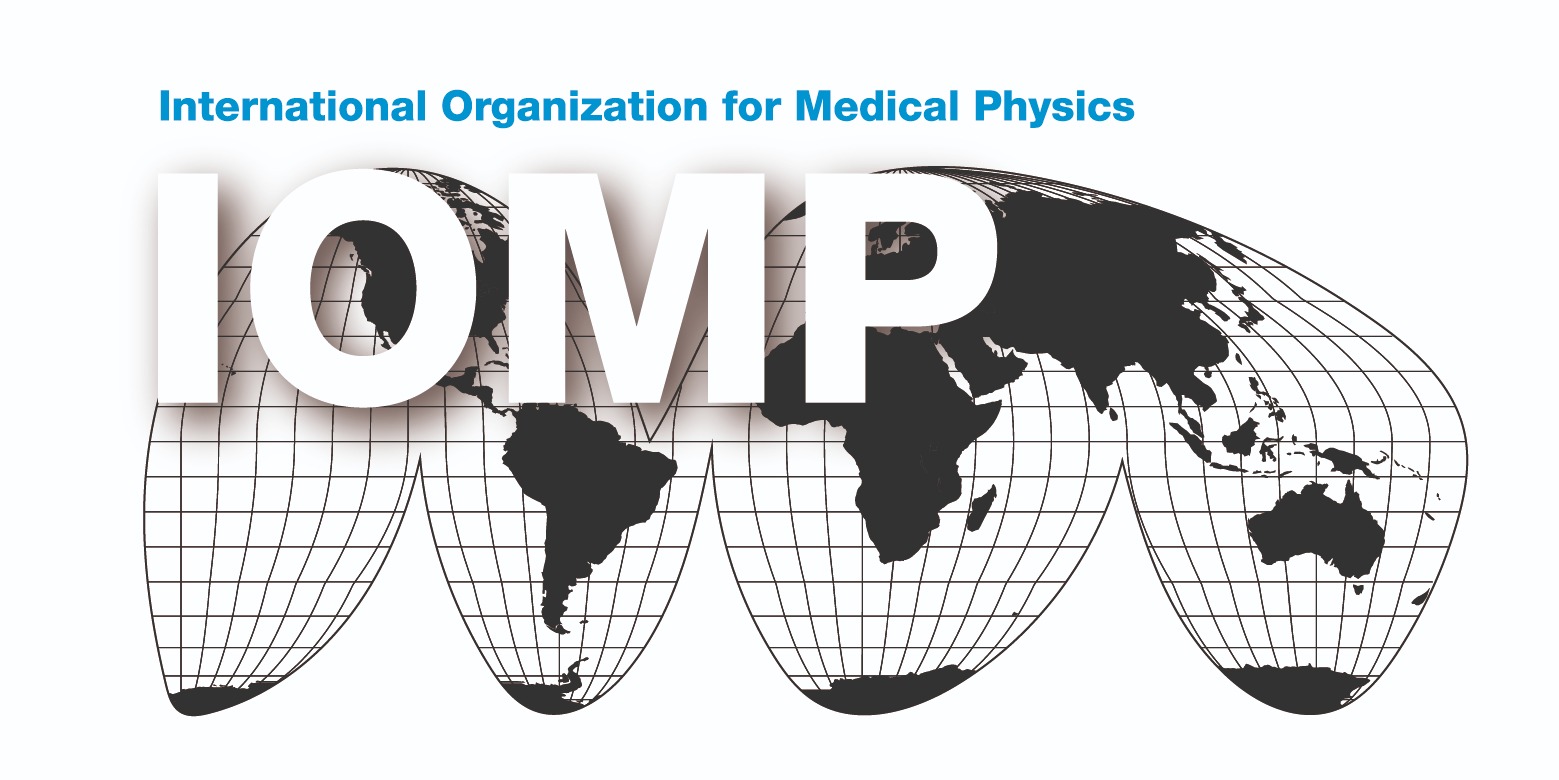
- This event has passed.
IOMP Webinar: From Pixels to Patients: The Influence of Gaming and Smartphone Developments on Radiation Oncology
January 24, 2024 @ 12:00 - 13:00
24 January 2024 at 12 pm GMT; Duration 1 hour
To check the corresponding time in your country please check this link:
https://greenwichmeantime.com/time-gadgets/time-zone-converter/
Organizer: Eva Bezak
Moderator: Eva Bezak
Title: From Pixels to Patients: The Influence of Gaming and Smartphone Developments on Radiation Oncology
Speaker: Dr Michael Douglass, Royal Adelaide Hospital, Adelaide, Australia

Dr. Michael Douglass is a principal medical physicist at the Royal Adelaide Hospital where he oversees treatment planning systems and planning support services. He also works part-time at the Australian Bragg Centre for Proton Therapy and Research where he contributes to proton therapy comparative planning and research. In addition, Dr. Douglass holds an academic role at the University of Adelaide, supervising Ph.D. and master’s student research. His expertise spans across a multitude of research areas, including proton therapy, Monte Carlo simulations, machine learning and 3D printing in radiation oncology, which is reflected in his 40+ peer-reviewed publications. Dr. Douglass’s notable contributions to the field have earned him multiple awards such as the 2021 Simpson Prize for Cancer Research and the 2021 ACPSEM Boyce Worthley Young Achiever Award.
Abstract:
In this presentation, we will explore how advancements in various industries, including the movie, video game, and smartphone industries, have contributed to the progress of radiation oncology. We will discuss how developments such as visual effects in the movie industry have paved the way for the creation of synthetic training data for machine learning models in radiation oncology. Additionally, we will examine how the smartphone industry has enabled new methods of 3D scanning patients for treatments like TBI, TSET, Brachytherapy, and 3D printed bolus, thanks to technologies like Gaussian platting, NERF, LiDAR, and iPhone capabilities. The integration of augmented reality in the video game industry has revolutionized the visualization of medical imaging data, providing volumetric views and assisting in breath hold coaching. We will also explore the impact of GPU technology on deep learning segmentation, auto planning, and accelerated dose calculations, as well as the potential of large language models like Llama 2 and GPT in education and automated patient record transcription. Through these examples, we will highlight the interconnectedness of these industries with radiation oncology and the ongoing advancements they bring to the field.
Learning Objectives:
- Gain an understanding of the advancements in optical scanning technologies, including LiDAR, photogrammetry, and NERF, and their applications in radiation oncology.
- Understand how consumer technologies, such as smartphones and gaming, have contributed to the progress of radiation oncology and medicine as a whole.
- Learn about the benefits and potential applications of large language models, like Llama 2 and GPT, in radiation oncology, including education and automated patient record transcription.
- Examine the integration of visual effects in the movie industry and its influence on the creation of synthetic training data for machine learning models in radiation oncology.
- Understand the impact of augmented reality in the video game industry on the visualization of medical imaging data and its role in assisting in breath hold coaching.

